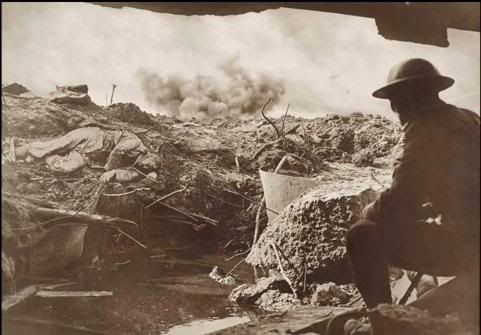in the 1860's and '70s we all know that Germany and Italy were unified. I am, however, having difficulty understanding the tactics employed by the armies. I am inclined to believe that they havent changed too very much since the Napoleonic era, however it seems that tactics would have evolved from marching regiments to a more irregular formation, especially due to invention such as the Needle gun, chassepot, and Breech loading artillery. I am wondering if anyone can point me to a good sight where i can find these things (as all my research has lead just to basic information, rather than actual tactics) The American Civil War seems like a good start, however I also believe the tactics may have been different (and I also seem to fully understand those tactics either, though information is more plentiful)
I am, in particular, looking for information regardig Prussian, French, and Uastrian tactics during the German Unification. Can anyone help me out?














 Reply With Quote
Reply With Quote









